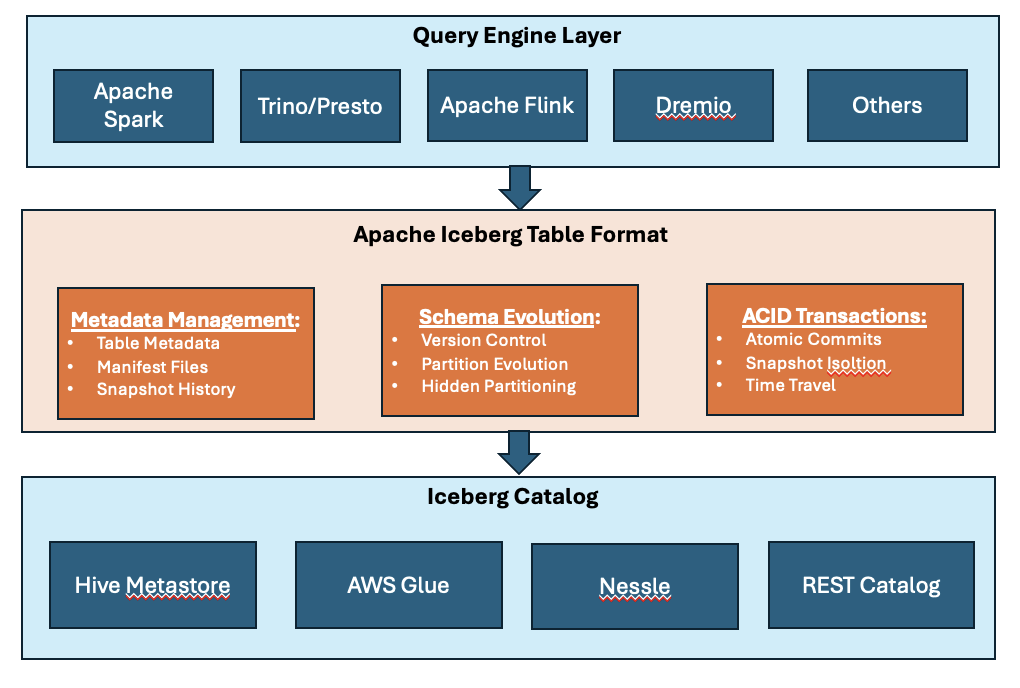Dell Technologies this week announced a comprehensive set of updates spanning its data protection and storage platforms, including PowerProtect Data Domain, PowerProtect Data Manager, PowerScale, and PowerStore.
These updates are centered around supporting the growing demand for AI workload enablement, cyber resilience, and infrastructure agility.
PowerProtect Data Domain
Dell’s enhancements to its PowerProtect Data Domain portfolio focus on performance improvements, cyber recovery use cases, and energy efficiency:
- DD6410 Appliance:
- Entry-level capacity range: 12 TB – 256 TB
- Performance: Up to 91% faster restores compared to the DD6400
- Targets small to mid-sized enterprises seeking scalable data protection
- Retains enterprise features including security and ecosystem integrations
- All-Flash Ready Node:
- Capacity: 220 TB
- Performance improvements:
- 61% faster restores
- 36% lower power requirements
- 5x smaller physical footprint
- Optimized for environments requiring fast recovery and lower latency
- Maintains full integration with Storage Direct Protection for PowerStore and PowerMax
PowerProtect Data Manager
PowerProtect Data Manager adds capabilities for improved cyber resilience, expanded workload support, and simplified operations at scale:
- Anomaly Detection:
- Uses machine learning to monitor backup environments for behavioral anomalies
- Integrates with CyberSense for forensic analysis within the Cyber Recovery Vault
- Enables early threat detection and asset quarantine
- Workload Expansion:
- Adds support for Microsoft Hyper-V and Red Hat OpenShift virtual environments
- Complements existing support for VMware workloads
- Multi-System Reporting:
- Enables centralized visibility and policy management across up to 150 Data Manager instances
- Archive-to-Object:
- Introduces cost-effective, object-based long-term archive storage
- Supports both cloud and on-premises S3-compatible backends
PowerScale
Dell expanded its PowerScale platform with updates targeting storage density, compute acceleration, and enhanced data management:
- 122TB QLC SSD Support:
- Available in PowerScale F910 and F710 nodes
- Enables nearly 6PB of usable capacity per node
- Reduces hardware footprint, energy usage, and operational overhead
- PA110 Accelerator Node:
- Successor to P100/B100 nodes
- Offers independent compute scaling with single-node granularity
- Provides additional front-end connectivity and boosts cluster bandwidth
- Addresses CPU bottlenecks in storage clusters supporting AI/ML training
- OneFS Enhancements:
- Refresh of HDD-based portfolio (H710, H7100, A310, A3100)
- Node pool compatibility with earlier hybrid/archive platforms
- Hardware upgrades include:
- Intel Sapphire Rapids CPUs
- DDR5 DRAM
- NVMe M.2 persistent cache
- 100% faster SAS drive carriers
- Planned support for 32TB HAMR drives later in 2025
PowerStore
Dell announced PowerStore 4.1, adding expanded analytics, security, and file data capabilities to its software-defined storage platform:
- AI-Driven Analytics:
- Smart Support: Predictive issue detection and automated support ticketing
- Performance headroom analytics: Forecast future resource constraints
- Carbon footprint tracking: Appliance-level and data center-level forecasting
- Security and Resiliency:
- Automated certificate renewal and alerting
- CAC/PIV smart badge multi-factor authentication
- Improved integration with PowerProtect Data Domain:
- Up to 4x faster recoveries
- Supports new DD6410 and All-Flash Ready Node models
- File System Enhancements:
- Ransomware-resistant snapshots
- File-level QoS controls
- Advanced compression and deduplication analytics
- Full support for Unity Cloud Tiering Appliance (CTA) during migrations
Analysis
Dell’s updates follow a consistent theme: deliver to enterprise a modular, software-defined, cyber-resilient infrastructure stack optimized for hybrid cloud and AI workloads.
Across PowerProtect, PowerScale, and PowerStore, Dell targets three converging enterprise concerns:
- Cybersecurity resilience
- AI infrastructure enablement
- Operational cost control through energy-efficient, high-density platforms
The PowerScale platform, with its certified integration for NVIDIA AI environments, strengthens Dell’s positioning in the competitive AI infrastructure space against vendors like NetApp, Pure Storage, and WEKA. Its support for QLC SSDs and HAMR hard drives provides a TCO advantage in high-capacity environments.
PowerStore’s continued evolution contrasts with HPE Alletra, IBM FlashSystem, and Pure Storage FlashArray, focusing more on programmability, predictive analytics, and multi-protocol unification.
PowerProtect’s hybrid and cyber recovery capabilities, especially when combined with anomaly detection and deep forensics, address real concerns about ransomware and backup infrastructure hardening.
Overall, Dell’s announcements across its PowerProtect, PowerScale, and PowerStore portfolio shows the company delivering AI-ready infrastructure with embedded cybersecurity, flexibility, and operational efficiency.
These updates show Dell defending its market position and setting the stage to grow share as AI becomes a primary driver of infrastructure change.
Competitive Outlook & Advice to IT Buyers
These sections are only available to NAND Research clients. Please reach out to [email protected] to learn more





